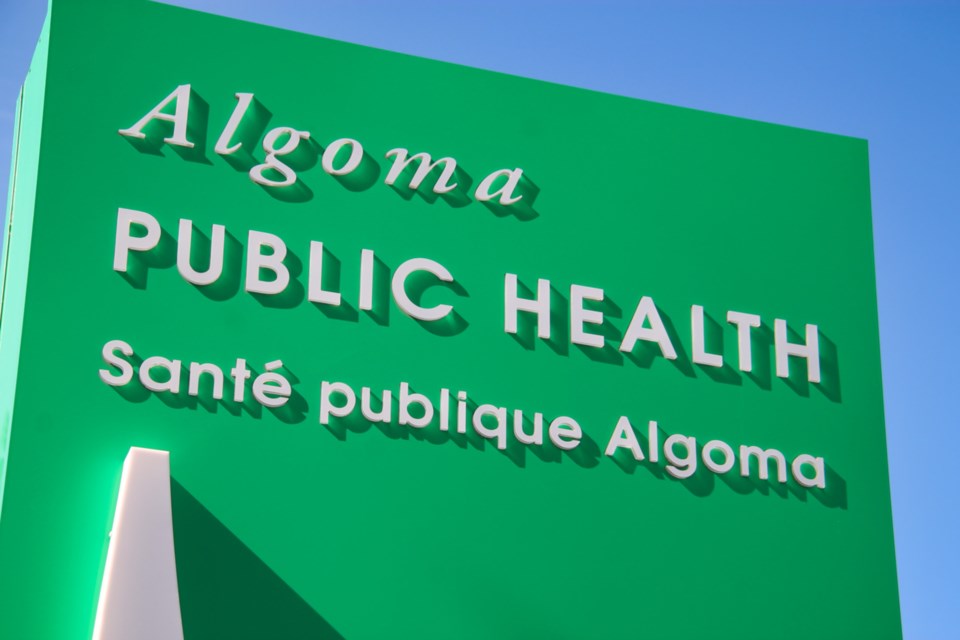An epidemiologist with Algoma Public Health (APH) says that more wastewater samples need to be analyzed for the presence of COVID-19 in Sault Ste. Marie after a large spike in SARS-CoV-2 viral load last week was followed by a sudden drop.
Amanda Perri says the increased viral load from March 24 is the highest concentration the health unit has seen in the city since it first began collecting data at the Sault Ste. Marie East End Wastewater Treatment Plant with the assistance of PUC Services Inc. in February 2021.
A graph on the APH website reflects the spike, but Perri says that another data point from March 28 will be included on that graph in order to show the sudden plunge in viral load.
“What that means is that this increase on March 24, it could’ve been a fluke, it could’ve been a data error,” said Perri, speaking with SooToday Friday. “We’re not really sure, because when we look at wastewater, we want to look at multiple samples to determine whether there’s a trend.”
Wastewater samples are collected from the east end treatment plant — which serves 52,000 people in the Sault — approximately three times a week by PUC Services Inc. The samples are then sent to the Health Sciences North Research Institute in Sudbury for analysis.
The data also includes COVID-19 infections that are not lab-confirmed cases.
According to APH, researchers can use the trends in the viral loads in wastewater along with other indicators - namely case counts, hospitalizations and the number of people in intensive care - in order to make decisions regarding potential interventions.
While findings can provide an estimate of COVID-19 infection trends in the community, Perri advises the public to use caution when interpreting wastewater surveillance data based on fluctuating short-term and daily intervals.
“We want to use caution when we make interpretations, especially looking at such short intervals. That’s why we want to wait for multiple samples to come in and look at that trend — and once we can determine a trend, we can say there are cases in the community, COVID is circulating,” Perri said.
Algoma Public Health participates in the Ontario Wastewater Surveillance Initiative, a research project worth more than $12 million that’s coordinated by the Ministry of the Environment, Conservation and Parks.
